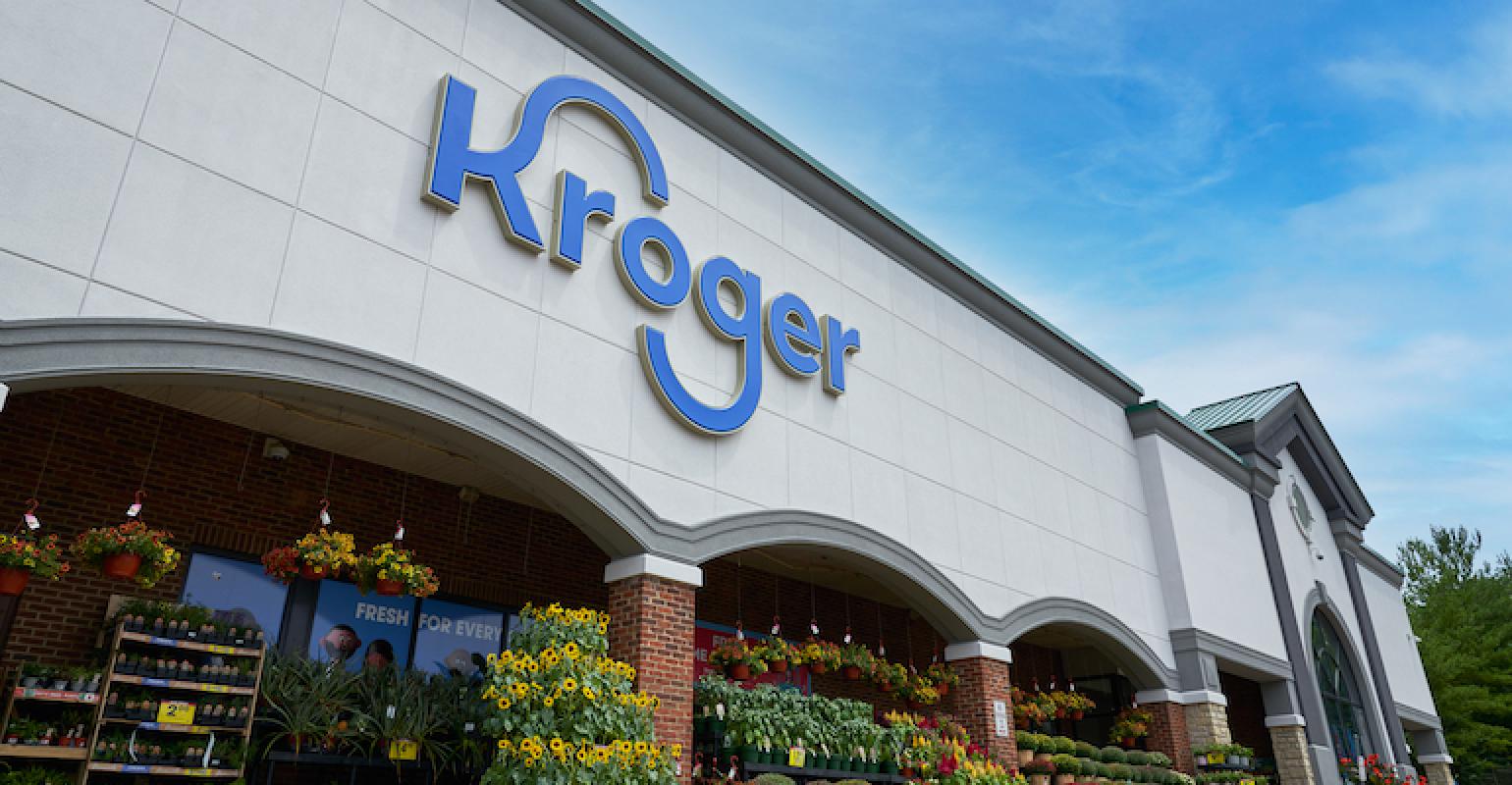Kroger, one of the largest and most well-known retail chains in the United States, has a storied history that spans over a century. Established in 1883 by Barney Kroger in Cincinnati, Ohio, the company has evolved from a small grocery store to a retail giant with a presence in almost every state. This article explores Kroger’s journey, its commitment to innovation, and its role in building and sustaining communities.
Founding Principles:
Barney Kroger founded the company with a simple yet profound philosophy: “Be particular. Never sell anything you would not want yourself.” This commitment to quality and customer satisfaction laid the foundation for Kroger’s success. From the beginning, Kroger prioritized providing fresh, affordable, and high-quality products to its customers.
Expansion and Diversification:
Over the decades, Kroger expanded its footprint through strategic acquisitions and organic growth. The acquisition of Dillon Companies in 1983 marked a significant milestone, making Kroger one of the largest grocery retailers in the country. The company diversified its offerings, including pharmacy services, fuel centers, and an extensive array of private-label products under various brand names.
Innovation in Retail:
Kroger has consistently embraced innovation to stay ahead in the competitive retail landscape. The introduction of the first supermarket bakery in the 1920s and the development of the first self-service shopping model in the 1930s showcased Kroger’s commitment to enhancing the shopping experience. In recent years, the company has been at the forefront of adopting technology to streamline operations and improve customer service.
One notable example is Kroger’s emphasis on data analytics and personalized marketing. The company leverages customer data to tailor promotions and discounts, creating a more personalized shopping experience. This data-driven approach not only benefits customers but also allows Kroger to optimize its inventory management and supply chain operations.
Kroger’s investment in e-commerce and digital solutions has also been pivotal. The launch of Kroger.com in the early 2000s marked the company’s entry into online retail. Subsequently, Kroger has invested heavily in its digital infrastructure, introducing services like ClickList (now known as Kroger Pickup) and Kroger Delivery to cater to changing consumer preferences.
Community Engagement and Social Responsibility:
Beyond its retail operations, Kroger has been a proactive contributor to the communities it serves. The company’s philanthropic initiatives focus on hunger relief, education, and health and wellness. Through programs like “Zero Hunger | Zero Waste,” Kroger aims to eliminate hunger in the communities it serves and reduce food waste across its operations by 50% by 2025.
Kroger’s commitment to sustainability is evident in its efforts to source responsibly and reduce its environmental impact. The company has set ambitious goals, such as achieving zero waste in its facilities and transitioning to 100% sustainable palm oil.
The COVID-19 Pandemic:
The global COVID-19 pandemic posed unprecedented challenges to the retail industry, and Kroger was no exception. As an essential business, the company played a crucial role in ensuring a steady supply of groceries and essential items during lockdowns. Kroger implemented various safety measures, including enhanced cleaning protocols, social distancing, and the implementation of contactless payment options to protect both customers and associates.
Kroger also took steps to support its workforce during these challenging times. The company provided bonuses and additional benefits to frontline workers, recognizing their dedication and hard work in maintaining essential services.
Looking to the Future:
Kroger’s journey is far from over, as the company continues to adapt and evolve in response to changing consumer behaviors and market dynamics. The ongoing emphasis on technology, sustainability, and community engagement positions Kroger as a forward-thinking and socially responsible retail leader.
Conclusion:
Kroger‘s century-long journey from a small grocery store to a retail giant is a testament to its commitment to quality, innovation, and community. The company’s ability to adapt to changing times, embrace technology, and prioritize social responsibility has allowed it to thrive in a competitive market. As Kroger continues to shape the future of retail, its impact on communities and the industry as a whole remains significant.
